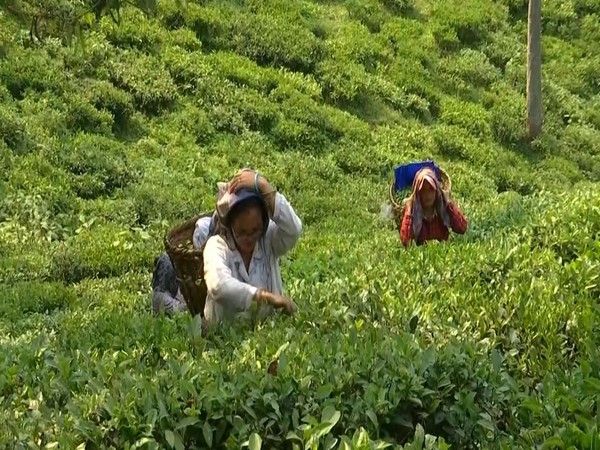Tea Production Faces Major Decline Due to Extreme Weather and Pest Infestations
Tea production in Assam and West Bengal has significantly declined in 2024 due to extreme weather conditions and pest infestations. While North Indian tea prices have increased, they haven't compensated for the production shortfall, leading to calls for government support.

- Country:
- India
Tea production in India has seen a notable decline in 2024, with Assam experiencing an 11 per cent drop and West Bengal facing a 21 per cent decline up to July. Data from the Tea Association of India highlights the impact of extreme weather conditions, with insufficient rainfall and excessive heat until May, followed by excessive rainfall in June and July, drastically affecting crop yields this season.
"The production figure of the North Indian tea industry reflects a precarious state of affairs, consequent to the constant onslaught of insufficient rainfall and excessive heat till May, and excessive rainfall in June and July," the association reported. Additionally, the situation has been worsened by severe pest and disease infestations, further weakening tea bushes in both states.
The association warned of potential further crop losses in the upcoming months. Current reports from member tea estates suggest West Bengal is lagging by about 10 per cent in production, while Assam estates are trailing by around 3 per cent for August 2024 compared to last year. The association also projected a significant loss of 160-170 million kilograms of tea in 2024 due to early operational closures and revised crop estimates.
While North Indian tea prices have risen by 13 per cent, the increase has not adequately compensated for the production shortfall. Specifically, North Bengal's 21 per cent crop loss resulted in only a 7 per cent price rise, and Assam saw a 15 per cent price increase despite the 11 per cent production drop. "With the drop in production, the industry has seen a rise in price realization of around 13 per cent in North India, however this rise in price is not commensurate with the loss of production the industry already had," stated the association.
The tea industry is also grappling with delayed subsidies and escalating costs for essential inputs such as wages and food grains, leading to an uncertain future. The association has increased its calls for government support. "The industry awaits the appeals made before the Govt. of West Bengal to handhold the industry with fiscal incentives. The industry, while grateful to the Govt of Assam for extending fiscal incentives, craves for similar consideration on the food grains front as huge burden is being imposed on the industry due to escalating food grain prices in the open market," said Sandeep Singhania, President, Tea Association of India.
(With inputs from agencies.)










